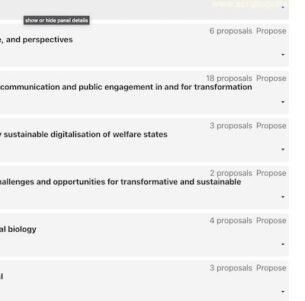Time

Lancaster, december 2010.
“Every year is getting shorter never seem to find the time. Plans that either come to naught or half a page of scribbled lines”. As these lyrics point it out, time is the key issue of most of situations in our lives. Will we have time to do this before that? Do we need to spend so much time thinking instead of doing? We regularly wish to have more time to complete what we must do, and we are often ready to borrow some, indeed to buy some. But time is not only a good that we can have, take or give. It is also a particular way of being. We can be late or not. And in the academic world, to be on time is crucial: the status of our results, findings, statements is entirely linked to it. As time goes by, a simple assumption can be turned into an unexpected matter of fact and, who knows, becoming a wonderful discovery. In the meantime, an unknown name emerges from one’s obscurity. Time is also essential to the life cycle of scientific productions: papers citation scores are more and more used in decision-making process related to positions, promotions and funding grants. Time makes and breaks reputations. But time is never more tangible than experienced as deadlines. If we go beyond the deadline our paper will not be considered either for a symposium program or by a journal. And this is even more palpable during a speech: in this particular conference, a timer was substituted for the sheet of paper usually shown to the speaker. Thus, each overflow was made all the more visible since the control of time was distributed to all the participants. When the chairman has turned this timer upside down, we knew that we had two minutes left to convince the audience. It is very short. But sometimes, it is largely sufficient. In two minutes, some conclusions may change the world.






